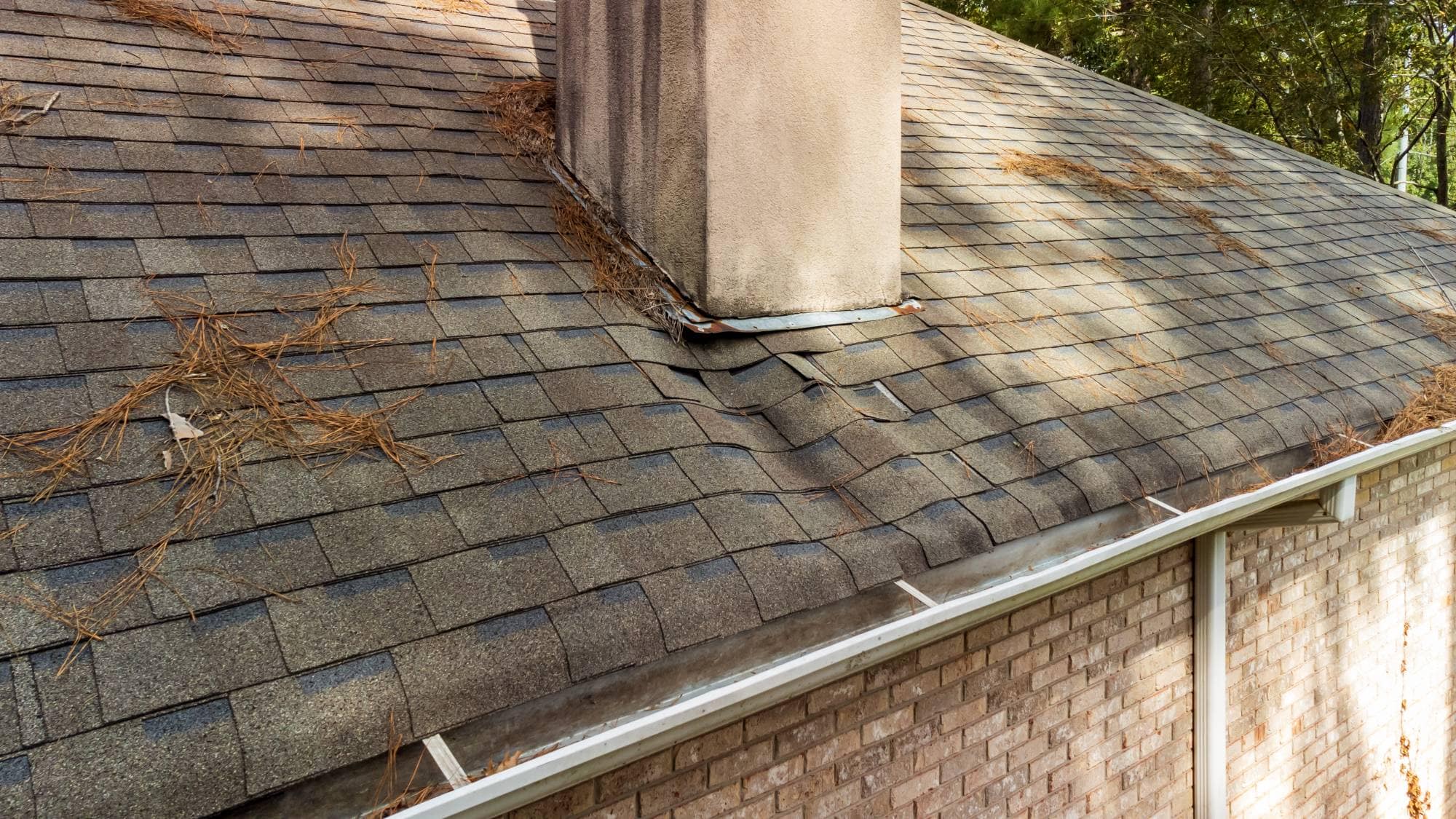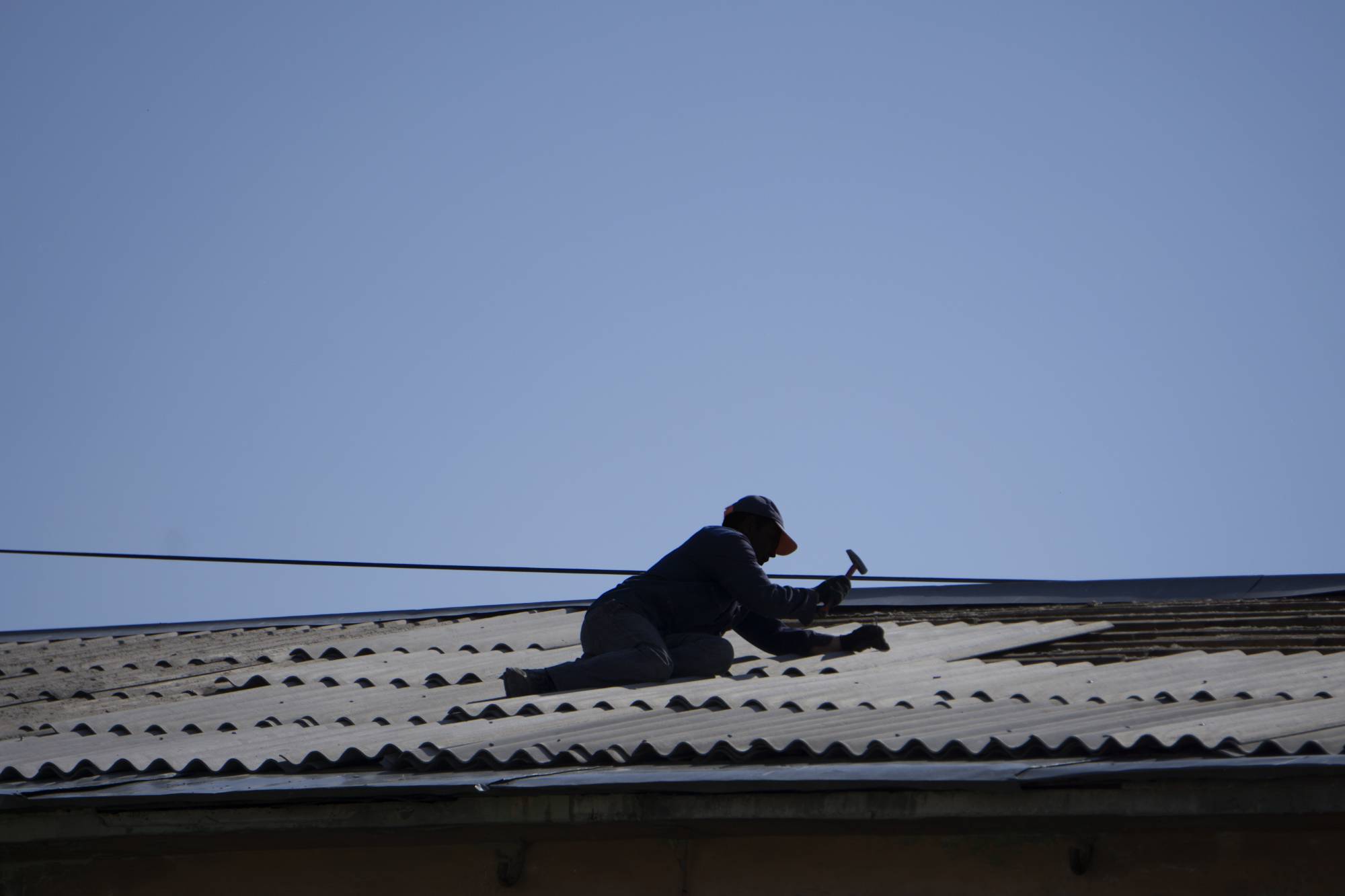Water damage from chimney leaks gets exponentially worse over time. What starts as a small stain becomes rotted framing, mold growth, and structural damage that costs thousands to repair. Rhode Island’s freeze-thaw cycles accelerate this damage every winter. Ignored leaks often damage your home’s electrical systems, insulation, and interior finishes. Mold from persistent moisture creates health problems and requires expensive remediation. Water-damaged framing sometimes needs structural repairs that involve tearing into walls and ceilings. Insurance companies often deny claims for gradual water damage from maintenance issues like chimney leaks. The longer you wait, the more likely you’re paying for all repairs out of pocket while dealing with a home that’s unsafe or unhealthy to live in.




